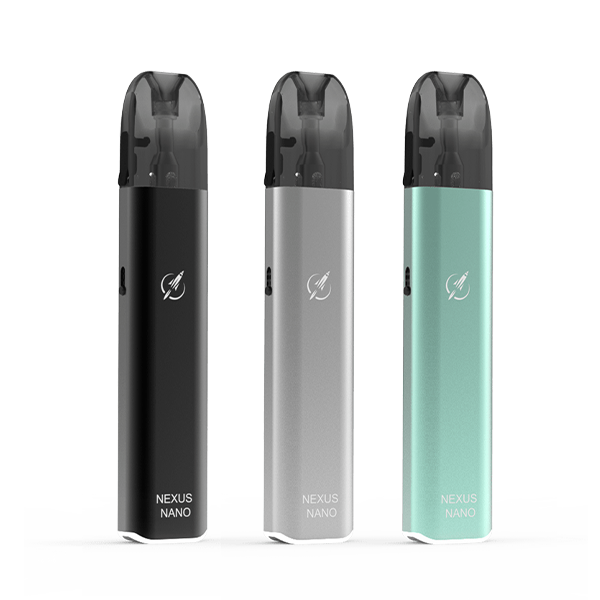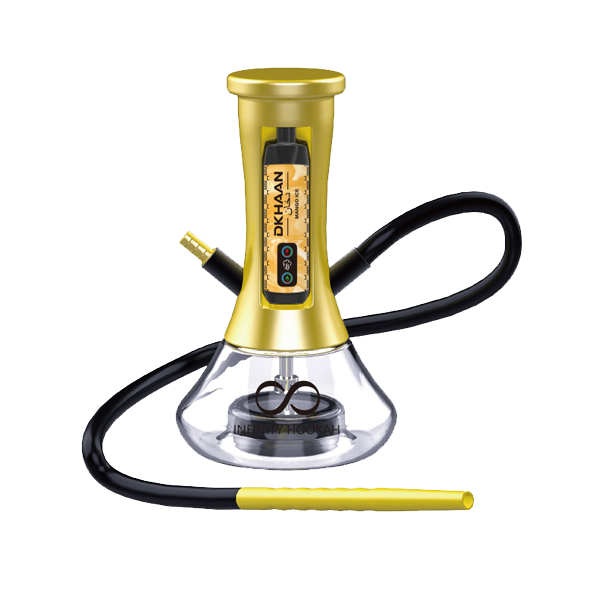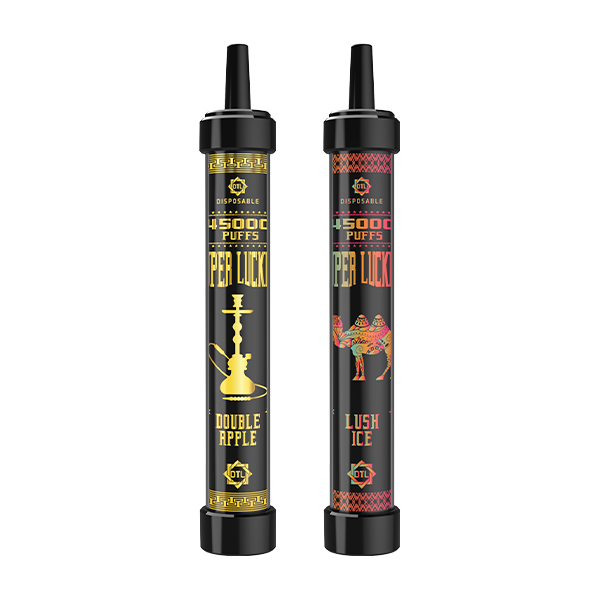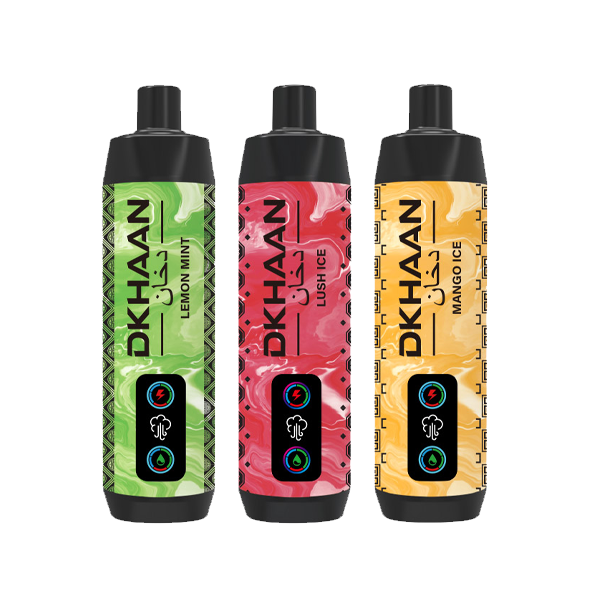Millions of people around the world continue to struggle with cigarette addiction, and for many, quitting is a life-changing goal. With each generation comes a wave of innovations that redefine how we live—think the internet, smartphones, and now, electronic cigarettes. Promoted as a cleaner alternative to traditional smoking, e-cigarettes have gained immense popularity, but they’ve also sparked heated debate. So, here’s the question: Does making the switch to e-cigarettes actually benefit your health?
Understanding the Health Impact of E-Cigarettes
Although e-cigarettes are often viewed as modern and less harmful, they’re still classified as tobacco products, and the long-term health effects remain uncertain. While switching from cigarettes to e-cigarettes may offer some advantages, it’s important to recognize that vaping is not without risks.
What You Need to Know About Vaping

E-Cigarettes vs. Smoking: Which Is Safer? Is E-Cigarettes Better Than Smoking?
So far, research suggests that vaping is less harmful than smoking, but that doesn’t mean it’s safe.
Traditional cigarettes release over 7,000 chemicals when burned—many of which are toxic or cancer-causing, including tar, formaldehyde, carbon monoxide, and ammonia. According to the CDC, smokers are 25 times more likely to develop lung cancer than non-smokers.
E-cigarettes, on the other hand, don’t burn tobacco. Instead, they heat a liquid mixture (e-juice) that usually contains nicotine, flavorings, and carriers like propylene glycol or vegetable glycerin. By avoiding combustion, vaping eliminates many of the harmful byproducts found in cigarette smoke.
Some users who switch to e-cigarettes report improved vascular function. And health experts agree on one thing: quitting cigarettes in any form is good for your health. For those unable to quit outright, vaping may serve as a harm-reduction tool—but it’s not a health solution in itself.
Limitations and Risks of E-Cigarettes
🚫 Nicotine Addiction Still Exists
Most e-liquids still contain nicotine, which is highly addictive. While vapes generally deliver fewer toxins than cigarettes, they can still reinforce nicotine dependency—especially with the wide variety of flavors and adjustable strengths available.
Nicotine use is associated with higher heart rate, elevated blood pressure, and increased risk of cardiovascular disease. Many smokers hope to quit nicotine entirely through vaping, but some may end up using it longer than intended.
🧪 Flavoring Agents May Pose Health Risks
Flavor is one of vaping’s biggest draws—but it may also be a hidden danger. A 2019 study published in Scientific Reports found that some chemicals used in flavored e-liquids may cause lung inflammation, DNA damage, and cell irritation—all of which could increase long-term health risks.
Possible Health Issues Linked to Vaping
Though research is ongoing, vaping has been associated with several health concerns, including:
-
Asthma and breathing difficulties
-
Lung scarring
-
Organ damage
-
EVALI (e-cigarette or vaping-associated lung injury)
-
Nicotine addiction and dependency
-
Potential cancer risks
-
Battery malfunctions or explosions
-
Weakened immune system
-
Impaired brain development in teens and young adults
Some users also experience short-term side effects like:
-
Headaches
-
Nausea or dizziness
-
Throat or mouth irritation
Safer Ways to Quit Smoking, 5 Essential Facts About Vaping You Should Understand
If your goal is to quit nicotine altogether, there are FDA-approved tools and therapies available to help:
✅ Nicotine Replacement Therapy (NRT)
These products provide controlled doses of nicotine without the harmful chemicals found in cigarettes:
-
Nicotine patches – deliver a steady dose throughout the day
-
Gum & lozenges – help reduce cravings as needed
-
Inhalers & nasal sprays – provide fast relief for intense urges
💊 Prescription Medications
-
Bupropion (Zyban): An antidepressant that reduces cravings and withdrawal symptoms
-
Varenicline (Chantix): Helps block nicotine receptors in the brain to lessen satisfaction from smoking
🧠 Behavioral and Psychological Support
-
Cognitive Behavioral Therapy (CBT): Addresses underlying behaviors linked to addiction
-
Motivational Interviewing: Strengthens your personal commitment to quit
-
Support Groups: Offer encouragement, shared experiences, and accountability
So, Is Vaping a Healthy Choice?
Switching to e-cigarettes may reduce your exposure to many of the harmful substances found in cigarette smoke. But that doesn’t mean vaping is safe or healthy.
E-cigarettes still contain nicotine and potentially toxic additives. Long-term effects are not yet fully understood, and ongoing use may keep you in the cycle of addiction. Health experts urge caution and recommend quitting nicotine completely for the best health outcomes.
Conclusion: Vaping Is a Step—Not the Destination
For smokers who struggle to quit, vaping might serve as a bridge to quitting, offering fewer toxins and more control. But it’s not a cure. The ultimate goal should be to break free from all nicotine and tobacco products.
Until more is known about vaping’s long-term health effects, the wisest choice is to stay informed, seek expert support, and work toward a tobacco- and nicotine-free future.

















